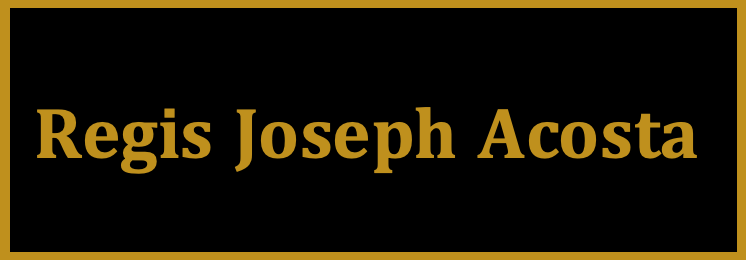
An Exploration into the Rhetoric Surrounding the Vietnam Conflict
Introduction
The role of the president, though multifaceted and ever-evolving, is primarily to serve as a means of communication between the innerworkings of the government and the American people. There are many ways in which the tenure of the Commander in Chief can be evaluated; they can be appraised on their ability to relate to the public, their desire to insight change, and even the general attitude of our society following their term. The fascinating feature of studying their rhetoric and their style of communication is that it provides an insight into all of the aforementioned factors of a successful or unsuccessful leader. But this assessment would be of very little substance without some sort of contextual support. To simply study the way in which any given president “communicates” is an incredibly taxing task, as each commander must do so in an individual context; which in turn, would force the viewer to delve into each of these rhetorical components. That is also not withholding the sheer volume of possible sources to explore. Although there are only about 80 years of documented audio bites from various presidential speeches and even less recorded visually, each president leaves with them a legacy of speeches indicative to their time in office. Unfortunately, separate from audio and visual support, the study of their rhetoric is placed in a position of limited understanding, forcing questions of speaking style and public comfort forever unanswered.
Upon facing the task of finding a topic for this paper, I found myself keeping all of these factors in mind. It would have been completely reasonable to focus on a single president and evaluate the ways in which they communicated with his constituents; delving into each of the issues that he was forced to face and examining the ways in which he relayed these hurdles to the American public. However, such a broad topic seemed to be, at least personally, devoid of passion. I wanted to pick on one particular adversity that infiltrated a president’s term; an issue that would forever be a mark on his legacy. It was at this moment the unfortunate conflict that served as a black vail across the nation for approximately fifteen years (although the war lasted for about twenty year, it was not truly on the radar of many Americans until the Kennedy administration) . Upon this revelation of interest, I also came to the realization that the complexities and nuances of the public’s relationship with the Vietnam Conflict should not be confined to a cross-section study of just one president’s contribution to the impact of this association. Additionally, in doing so this would allow for a rhetorical timeline to be established which would serve as a means to convey the various ways in which the public’s relationship with the presidency changed in arguably the most significant period of time in recent history; at least within the domestic arena.
With all of this context firmly established, the definitive logistics of this paper can be better explored. Given the nature of the Vietnam Conflict, I found it best to explore each president’s oral participation in chronological order. Within each of their tenures, each president will also be evaluated using various factors and outcomes that impacted and were affected by the war. Although this may change from president to president, I will do my best to establish an overarching narrative that will best reflect my intentions. To be clear, it is my goal to look at the terms of John Kennedy, Lyndon Johnson, and Richard Nixon and assess the ways in which their ability to relay information regarding the war impacted their presidency, the public, and the way in which they will be remembered.